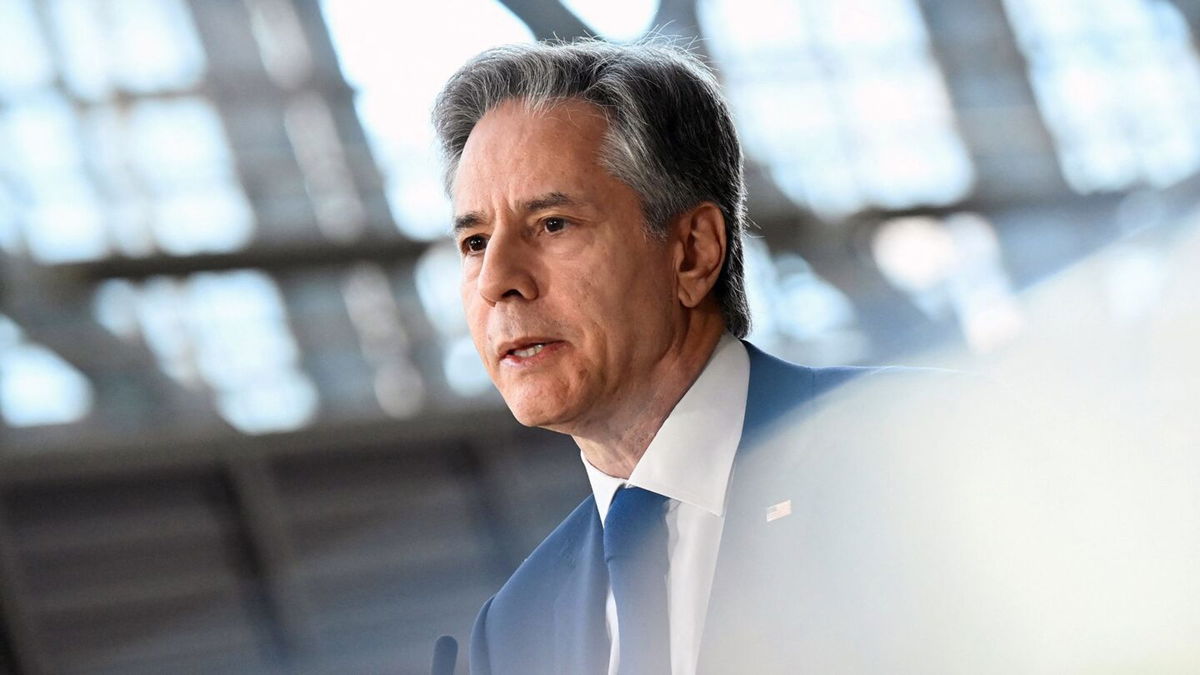
The trip is expected to focus on a range of critical issues, including trade imbalances, military tensions, and geopolitical strategies. The meetings will provide a platform for both nations to address their differences and explore potential avenues for cooperation, despite ongoing disagreements.
This diplomatic mission underscores the Biden administration's commitment to engaging with China on key global matters. Sullivan's visit is part of a broader strategy to manage the complex U.S.-China relationship, which has been marked by friction over trade policies, human rights issues, and regional security concerns.
Recent developments have heightened the urgency of these talks. The U.S. and China have clashed over various issues, including tariffs imposed on Chinese goods and allegations of unfair trade practices. Additionally, tensions have escalated regarding China's actions in the South China Sea and its stance on Taiwan. These ongoing disputes have fueled concerns about the potential for further conflicts between the two economic powerhouses.
Sullivan's meetings in Beijing will likely address these contentious topics, as well as other pressing global challenges. The discussions are anticipated to include negotiations on trade agreements, strategic military dialogues, and collaborative efforts on climate change. The goal of these talks is to foster a stable and predictable relationship that can prevent miscalculations and manage bilateral conflicts effectively.
China's leadership has expressed a willingness to engage in dialogue with the U.S., although it has also maintained a firm stance on its core interests. Beijing has emphasized the need for mutual respect and non-interference in domestic affairs as prerequisites for meaningful negotiations. This stance highlights the complex nature of U.S.-China relations, where competing interests and strategic goals often come into play.
The outcome of Sullivan's visit will be closely watched by analysts and policymakers around the world. Successful negotiations could pave the way for improved relations and potentially address some of the underlying issues that have strained the bilateral relationship. Conversely, failure to reach significant agreements could exacerbate existing tensions and complicate future diplomatic efforts.
As both countries navigate these discussions, the broader international community remains attentive to the implications of U.S.-China interactions. The stability of global trade, security dynamics, and diplomatic relations depend in part on the ability of these two major powers to manage their differences and find common ground.
Sullivan's visit represents a critical moment in the ongoing U.S.-China dialogue, reflecting the complexities of navigating a relationship that is both cooperative and competitive. The results of these meetings will likely influence future diplomatic strategies and impact the global geopolitical landscape.
Topics
World
